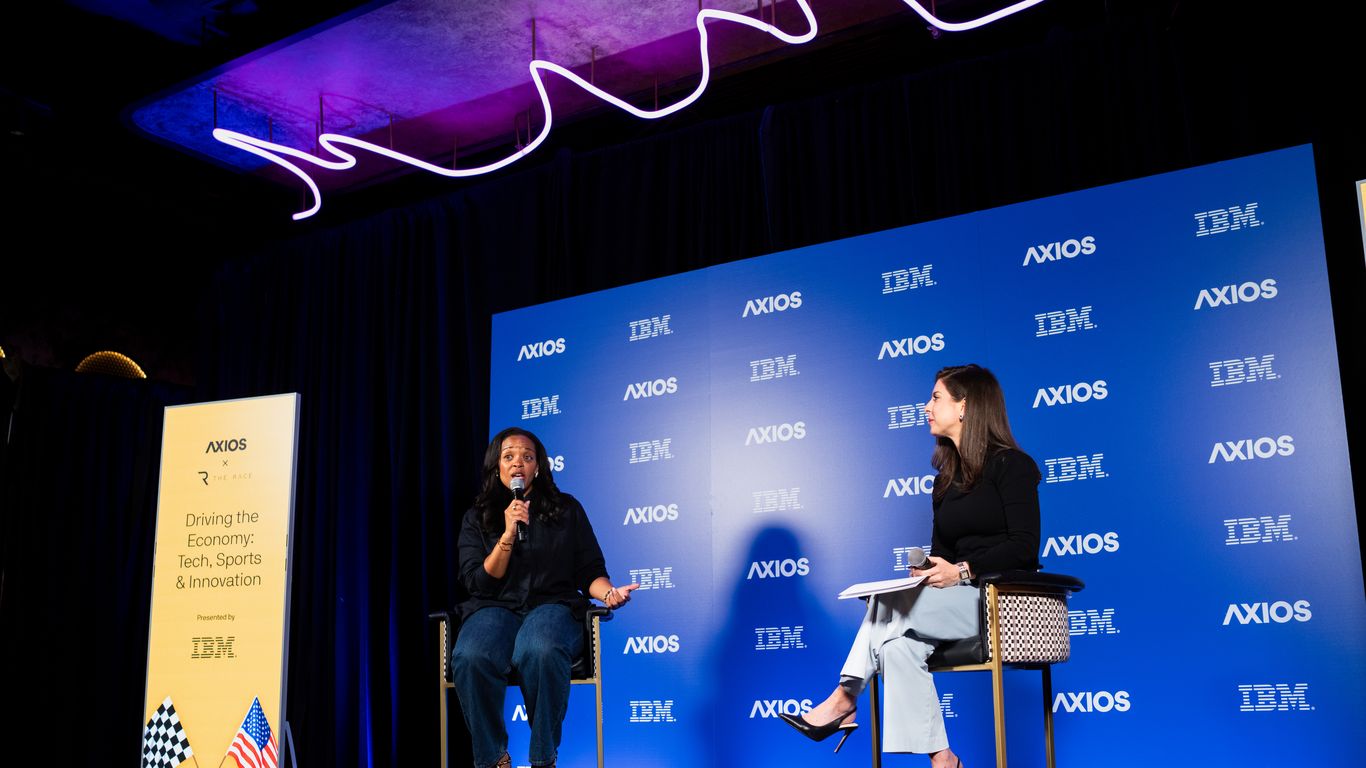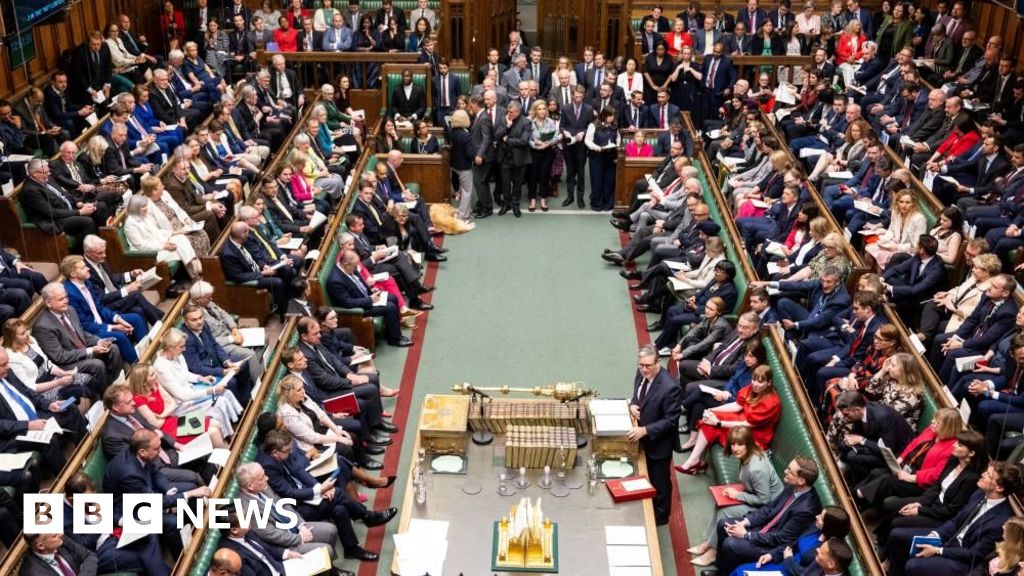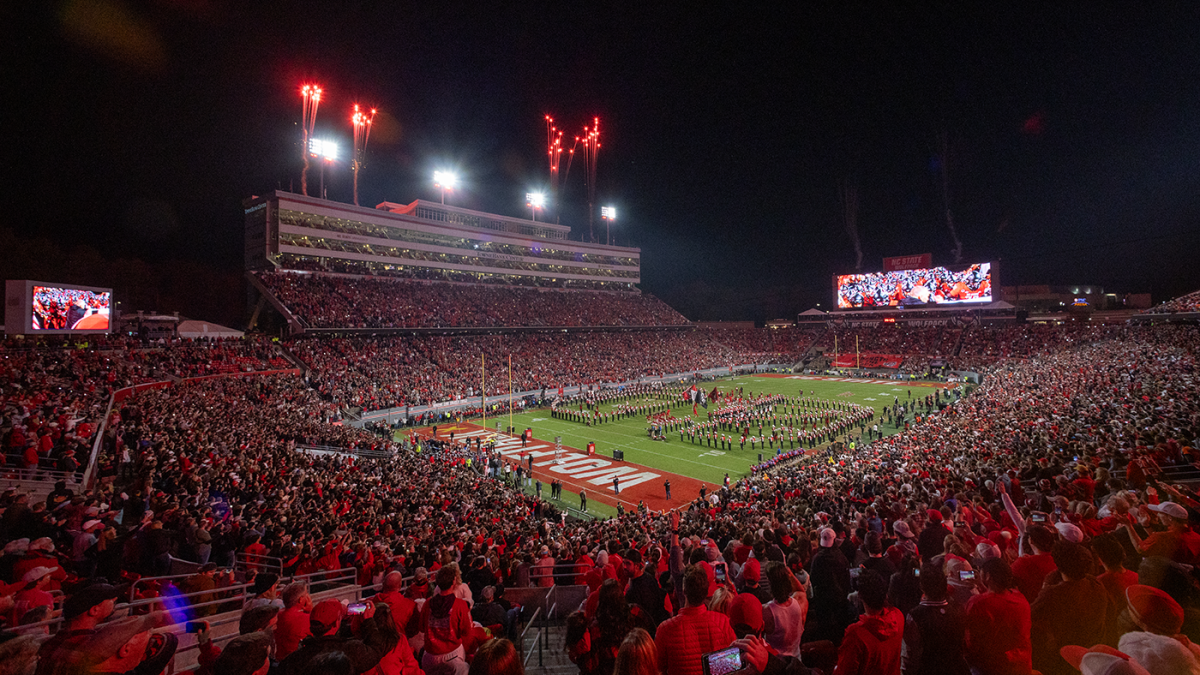Ndamukong Suh played 13 years in the NFL and won a Super Bowl with the Tampa Bay Buccaneers. Follow his new show, “No Free Lunch,” here.
I know you think you know who I am.
But you’re wrong.
The way I was on the football field was just the way I had to be, to be successful. But I always wanted to be different from my peers. I never wanted to be known just for football, so it became a personal tagline of mine: I want to be more successful off the field than on it.
When I played in the NFL, I loved to read contracts. At first, the reason was straightforward: I wasn’t happy with my rookie deal with the Detroit Lions, and I wanted to know what I was signing. I wanted to understand the details.
But this practical interest blossomed into something more. I started reading all the contracts of other NFL defensive linemen so I knew what my peers were doing; that’s just good negotiation knowledge. That spilled over into my other passion — the business world — so I started devouring real estate contracts and venture capital deals.
I actually enjoyed reading contracts. I still do. It’s fulfilling, and it’s knowledge. It gives me my why.
So let me give you another why: Why am I launching a new sports and business show, “No Free Lunch,” with The Athletic? Simple. I’ve had opportunities to do podcasts with other places. But I’ve always prided myself on working with the best. That is what The Athletic is.
Throughout my NFL career, when I wasn’t sacking your favorite quarterback, I was networking with some of the sharpest business minds in the world. That led me to build a real estate portfolio, step into investing and become an advocate for financial literacy.
So on “No Free Lunch,” we’ll look at personal finance through the lens of sports and business. Each week, I’ll sit down with athletes, entrepreneurs and executives to talk about how the most successful people in sports manage their money and grow their wealth.
There are so many similarities between the business world and sports. The determination it takes to make it as a pro, the commitment to hard work and the willingness to learn are all traits that have transferred over to my business life.
There’s something else. Growing up, I played soccer. I didn’t start playing organized football until I was in eighth grade, and even then, I didn’t really start playing until my sophomore year of high school.
I was awarded a scholarship to Nebraska simply because of my potential. Not because I knew how to play football; at that time, I didn’t know the difference between 11 or 12 personnel or X and Y receivers. I barely knew anything. By my senior year of college, I finished fourth in voting for the Heisman Trophy, and then the Lions drafted me second overall. I played 13 years in the NFL.
My point: My football knowledge was an evolution.
So I hate it when athletes talk this way about the business world: “I don’t know this, I can’t do this, it’s too difficult, I’m not educated enough in this space.” That doesn’t make sense to me. Were you educated when you first started in your sport? Did you know exactly how to play it? Or was it an evolution?
Maybe you feel that way too about business and finance — that it’s too hard or you’re not educated enough to understand it. You’re wrong. That’s something I really want to share with my show: that it’s not that difficult to be successful in business. It just takes some patience, which is the No. 1 lesson I’ve learned from one of my mentors, Warren Buffett.
I first met Mr. Buffett during my senior year at Nebraska. My interests in the business world had matured in college. Joe Moglia was one of my assistant coaches at Nebraska. He was also the former chairman of the board and former CEO of TD Ameritrade. He was the first person to show me what a real-life budget for someone looked like. I loved it.
So one day, I asked Tom Osborne, the longtime, legendary coach at Nebraska and Mr. Buffett’s close friend, if he would be open to making an introduction for me. Coach Osborne said he was happy to put in the ask, but he couldn’t promise that Mr. Buffett would agree to meet with me.
So when Mr. Buffett did agree, I wanted to make a good impression so badly that I showed up two hours early and waited outside his office. We talked for a few hours that day, and we have remained close ever since.
I’ve learned so many lessons from him, but top of the list is patience. No matter who you are, it is something that will prove to be one of the most valuable tools for reaching success.
That’s my goal with this podcast: I want you to take tips and lessons from other people’s success and make it your own. Not everything we talk about is going to relate to you, but I think you’ll find the pieces that do, and you’ll be able to apply them to your advantage.
The other day, I got one of the best compliments in the world. I was talking with a venture capitalist firm, and one of the guys told me, “You’re a real guy, and not just because of your money, but because of the reputation you’ve built with other firms.” I wasn’t just a former NFL player; I was a serious business person. I think I’m on my way, but I always want to continue to evolve.
I hope you’ll come along with me.
— As told to Jayson Jenks
(Illustration: Eamonn Dalton / The Athletic; Photography by Brinson Banks)
Jayson Jenks is a features writer for The Athletic based in Kansas City. Before joining The Athletic, he covered the Seattle Seahawks for The Seattle Times. Follow Jayson on Twitter @JaysonJenks








 English (US) ·
English (US) ·